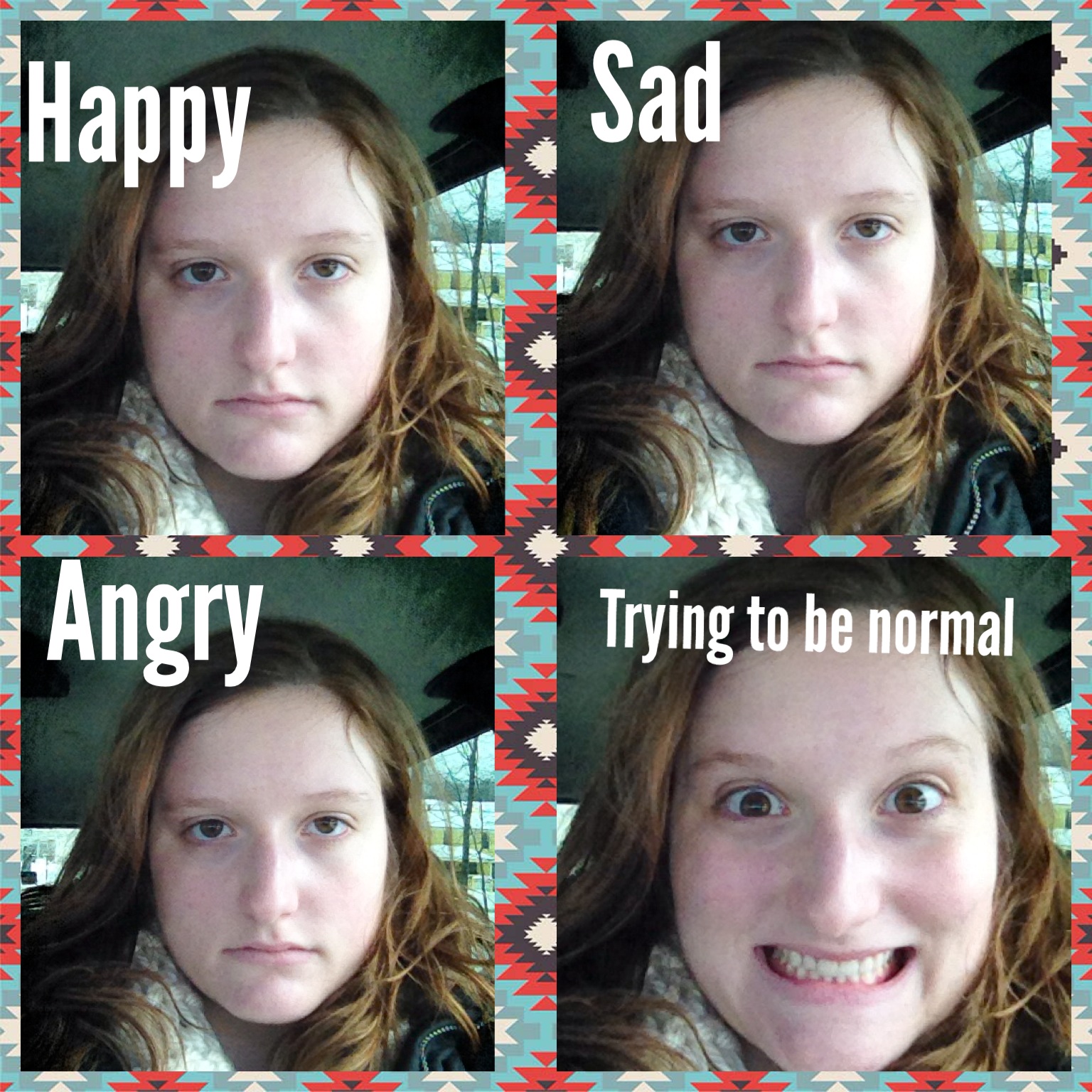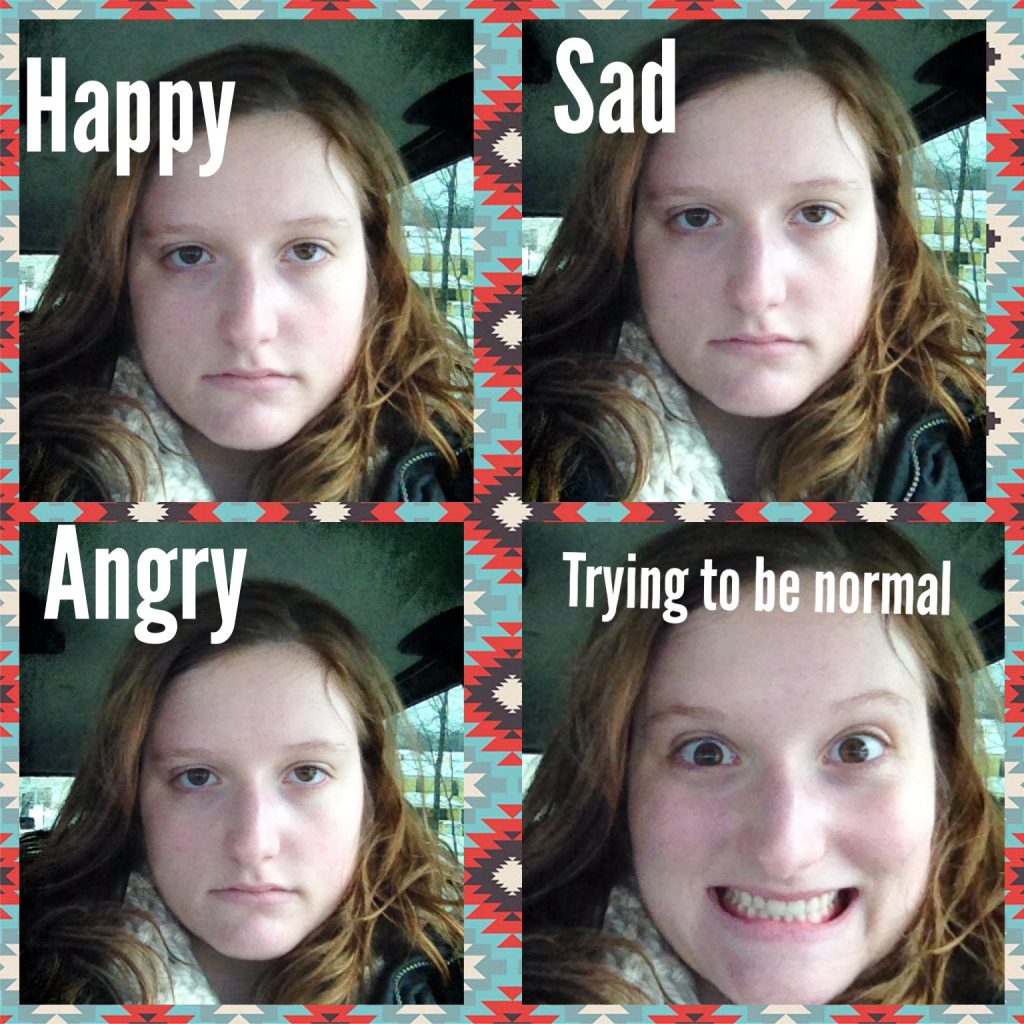Societal Expectations for a Person with Aspergers
First day of school. College interviews. Job interviews.
- One girl I had just met told me that she thought my body language was condescending.
- My rationalization: First off what does condescending body language even look like? I googled it because I was so perplexed and turns out condescending can only apply to language. I think she was trying to say defensive or standoffish.
- A man who had just met and conversed with me briefly once told me that my use of vocabulary words like “tantalizing” and “perturbed” in everyday conversation makes him think I am keeping people at a distance.
- My rationalization: I am always happy to explain things in a different way in order to clarify what I’m talking about but in this case, they did not give me the chance to clarify my idea. He just made an assumption on my intentions of using “big words” and technical terms when in actuality that is how I talk.
Alix’s childhood was hindered by undiagnosed Aspergers until she learned to harness her gifts. Now, at 21 years old, she has already done what most people can only hope to do in their lives; speak to the UN, make a major scientific contribution, give a TED talk, and travel the world.
Alix was misdiagnosed as a child. Told she was strickened with a plethora of mental illnesses and learning disabilities, she spent years desperately seeking answers until she found the right kind of help that enabled her to flourish; piano playing, composing, ballet and science.
Alix is an undergraduate student in Vermont working toward a degree in neuroscience. She is also currently working on several research projects studying autism and schizophrenia. She utilizes the college learning disabilities accommodation program and now lives comfortably with her challenges. Aspergers101 is thrilled to offer you the insights and brilliance of Alix!










 Perhaps most relevant to a student in the classroom: when you are stressed you are less likely to embrace difficult tasks. On your most stressful day, you will probably put the complex tax form in the “to do” box and leave it for a better day.
Perhaps most relevant to a student in the classroom: when you are stressed you are less likely to embrace difficult tasks. On your most stressful day, you will probably put the complex tax form in the “to do” box and leave it for a better day. 


